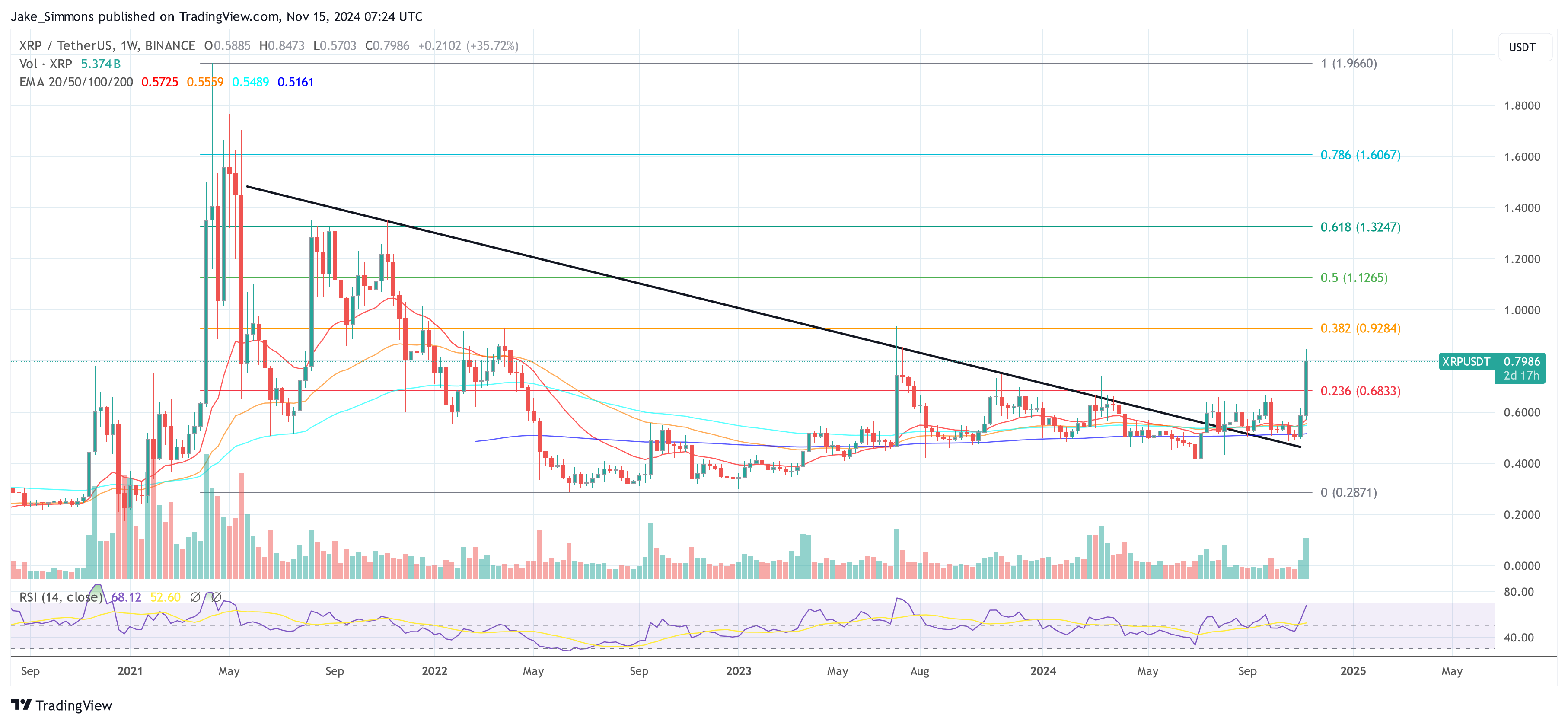Singapore-based crypto derivatives exchange, Bybit, was part of this year’s Finance Today Summit. Organized by The Wealth Today, this event included a distinguished panel of regulators, blockchain companies, and traditional finance (TradFi) service providers.
Through a series of interactive sessions and a forward-looking agenda, Finance Today Summit explored some of the most relevant topics facing the industry while exploring what experts and senior executives believe will shape the future of finance.
During the event, Bybit reiterated the importance of mutual collaboration and an open mind between the budding cryptocurrency finance industry and traditional financial services alongside regulators, given closer connections could deliver accretive benefits for all stakeholders involved.
Speaking at the event, Bybit’s Head of Communications Igneus Terrenus stressed the need for mutual respect and collaboration, explaining, “Maybe both sides need to have a little more humility. There is so much crypto companies can learn from the incumbents in due diligence, in compliance, in really making sure customer needs are met and interest protected. At the same time, bankers and regulators will benefit from keeping an open mind and allowing for these innovations to happen.”
Blockchain’s distributed ledger technology (DLT), alongside its other inherent features, can transform the international banking system, making it more secure, transparent, and inclusive. For instance, in the case of payment and transaction settlement, the process can take days to reach finality in the traditional banking system.
Conversely, with blockchain, it can be accomplished within mere minutes. The average block generation time on the Bitcoin network is 10 minutes, near 13 seconds on Ethereum, and even faster across third-generation blockchains. With such high throughput, banks can easily free up liquidity in ways that can be highly capital efficient.
Bybit also acknowledged regulators and their efforts to protect everyone’s interests. As a global exchange, Bybit understands that regulation is necessary for crypto to thrive and reach even more people.
“We need to see where the future is going. Crypto is a risk-on asset people want exposure to, particularly for populations in less stable economies living with double-digit unemployment rates and inflation,” adds Terrenus. “We may very well have already crossed the Rubicon, where it’s actually riskier not to have any exposure to crypto than to have it. I definitely see a lot of ways banks and crypto companies can collaborate with and learn from each other.
Disclaimer: This article is provided for informational purposes only. It is not offered or intended to be used as legal, tax, investment, financial, or other advice.
Credit: Source link























